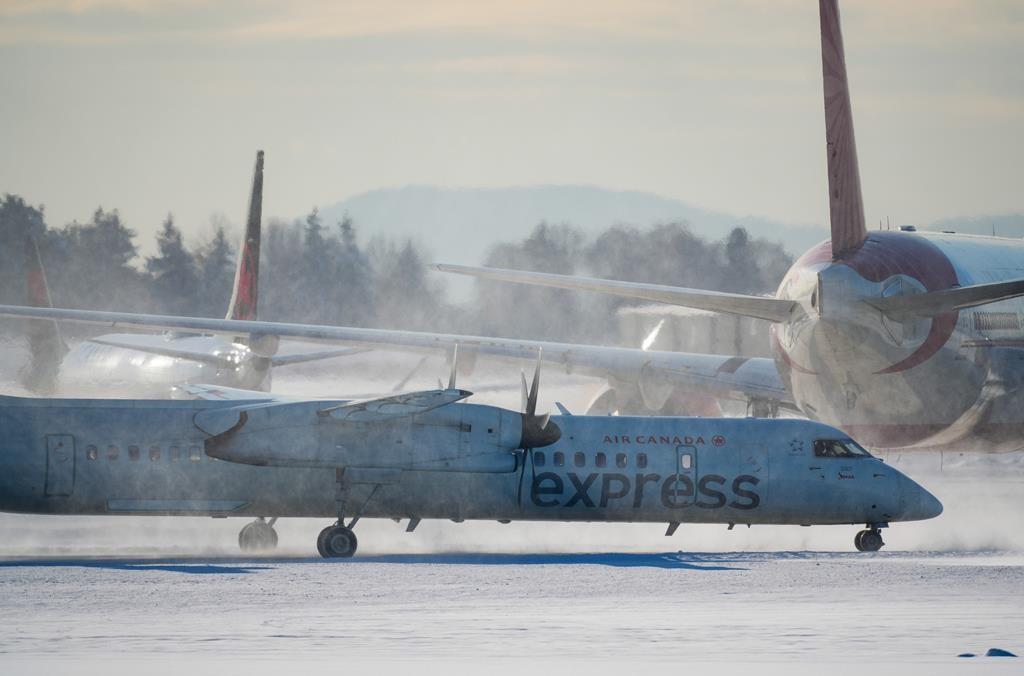Nav Canada, the country’s civil aviation authority, suggested air passengers should buy travel insurance if they want to be compensated for missed flights and other protections.
In a submission to the Senate transport committee on March 13, Nav Canada said the Air Passenger Protection Regulations (APPR) need to “balance consumer interests with the competitiveness of the sector.”





